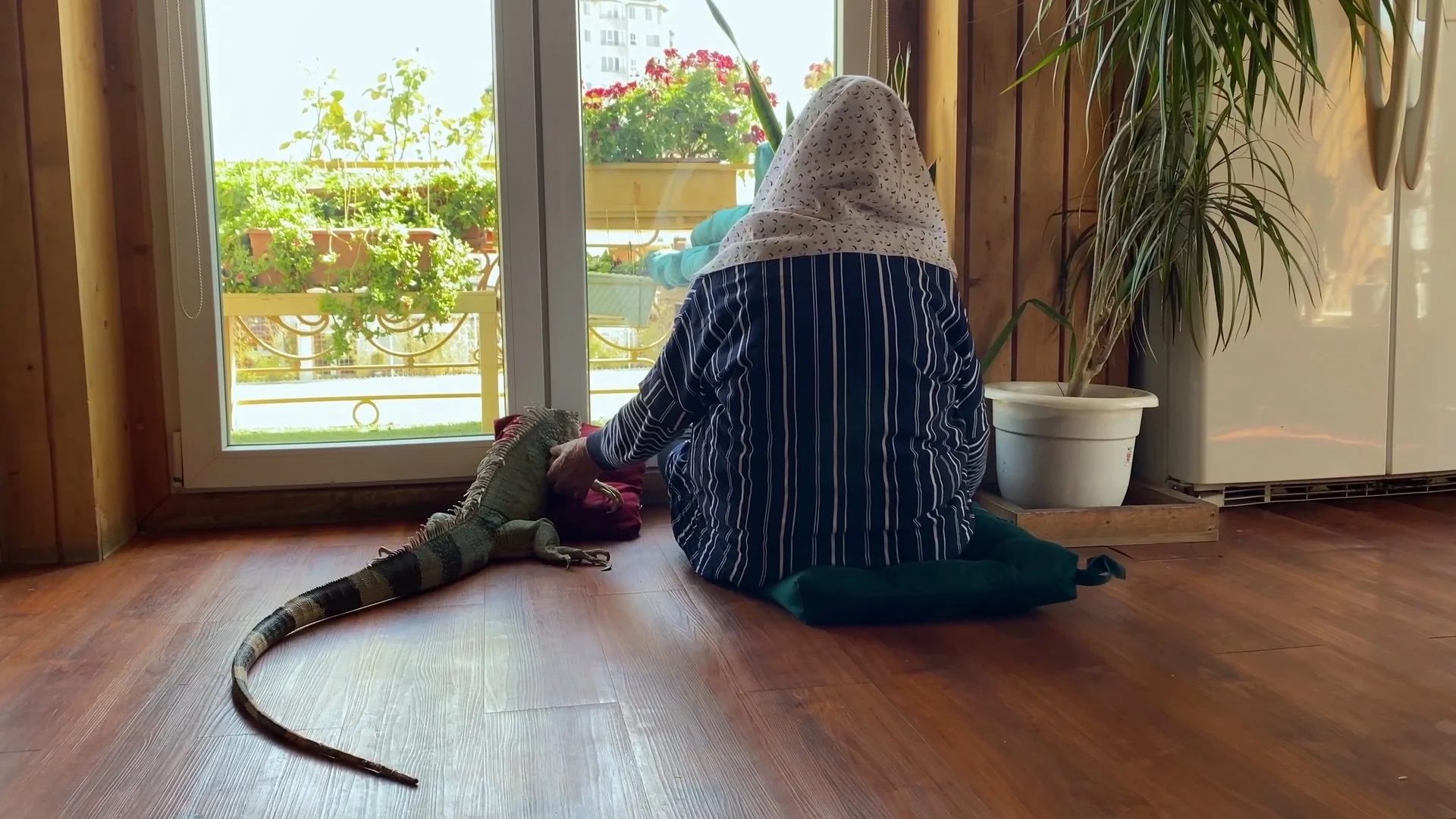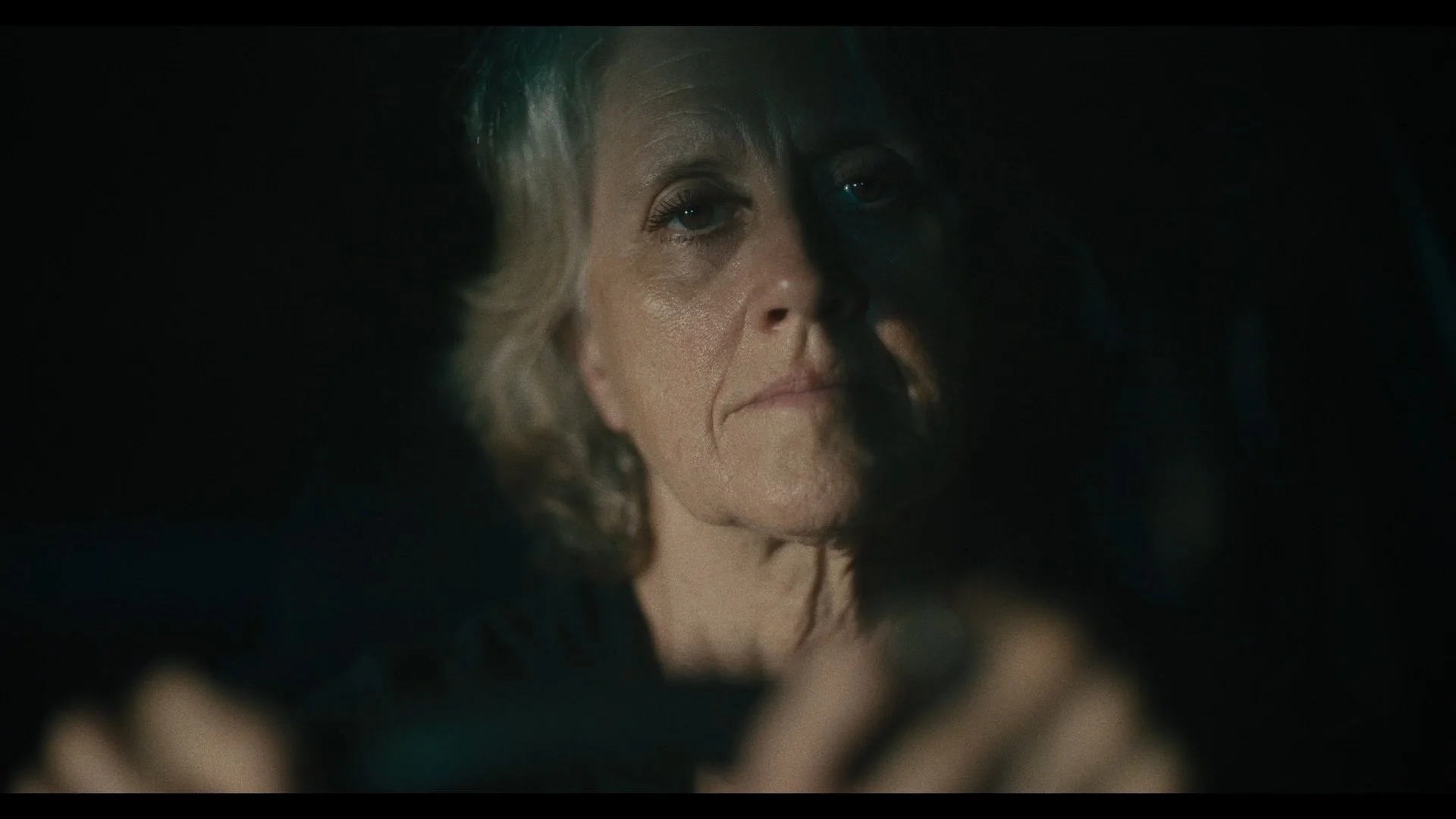‘Storm’ Warning
SEven filmmakers from around the world reflect on CoviD-19 IN THE ANTHOLOGY PROJECT. DO WE REALLY WANT TO SIT WITH THIS? AGain? STill?
The Year of the Everlasting Storm
Directors / Writers: Jafar Panahi, Anthony Chen, Malik Vitthal, Laura Poitras, Dominga Sotomayor, David Lowery, Apichatpong Weerasethakul
Starring: Jafar Panahi, Tahereh Saidi Balsini, Zhou Dongyu, Zhang Yu, Bobby Yay Yay Jones, Yay'Veontay Jones, Bobby Levi Jones, Imani Jones, Francisca Castillo, Rosa García-Huidobro, Catherine Machovsky
USA • 1hr 55mins
Opens Hong Kong September 29 • IIB
Grade: C
Asking Hongkongers to spend two hours of their leisure time watching a movie about the collective nightmare that is the COVID-19 pandemic is a, well, a huge ask. With most of the world having already moved on – and with quarantine restrictions loosening to as lax as they’ve been in over two years, literally, days ago as of this writing – Hong Kong is just starting to play catch-up, and reflecting on something 1) we’ve all been reflecting on for 24 months, 2) that’s still a thing, and 3) we all want to just. Be. Fucking. Over. isn’t a particularly thrilling prospect. Yet that is precisely what The Year of the Everlasting Storm wants us to do.
Anthologies about landmark moments are common; September 11 comes to mind. And like all anthologies Storm, which made its splashy premiere at Cannes, is hit and miss. It premiered last year – July, 2021 to be exact – when France was just emerging from its isolation, on shaky legs, and so the film was relevant. Most of Europe was getting up on shaky legs. But good luck getting a RAT test in a pharmacy in Prague, or Podgorica, or Berlin now. Anyone watching this film in most parts of the world will see it as a quaint time capsule of a grim moment in history. Operative word there being “history.” It’s in the title: the “year.” It’s not history here, and so Storm is more of an unwelcome distraction than cinematic contemplation of a shared trauma.
It doesn’t help that six of the seven short films are not among the best work by any of the high profile directors. Of the seven, three are docs. Jafar Panahi, the Iranian filmmaker best known for the Golden Bear-winning Taxi and who knows a thing or two about lockdowns, opens with the personal diary “Life,” a portrait of his family from early in the pandemic, similar to his house arrest diary This is Not a Film. The film’s highlight is a visit by his overly-cautious mother and the return of the family’s pet iguana, but by Panahi standards this is rambling and unfocused. Malik Vitthal’s “Little Measures” details a father’s attempt to regain custody of his children during lockdown. That he’s struggling to get his kids out of foster care is glossed over, and right or wrong, justified or not, that’s the story. The ’rona is an afterthought, rendering Vitthal’s message irrelevant. Laura Poitras’s “Terror Contagion” dives into the shady AF Pegasus smartphone spyware, but the connection to the pandemic is only that she started her investigation when it hit. “Terror Contagion” feels like a WIP, and far removed from her terrifying Edward Snowden profile, Citizenfour.
The narrative shorts are slightly better, starting with perhaps most resonant, Anthony Chen’s “The Break Away,” which chronicles a Singapore couple’s disintegrating relationship while they’re stuck working from home, money starts to become an issue, and their effort to care for their young son. Chen (Wet Season) understands tight spaces, and how being stuck in them can aggravate simmering discontent. It starts with Day 1 and goes from there to a familiar if bland end. “Sin Titulo, 2020” by Dominga Sotomayor follows a woman and her daughter trying to break quarantine to see their other daughter/sister’s newborn in Santiago. Like Chen’s story, it resonates simply becuase over the last couple of years we’ve all considered breaking the rules, if not actually broken them. Apichatpong Weerasethakul’s “Night Colonies” has the tone of video installation as it documents the insects drawn to the lights in an anonymous bedroom. The Uncle Boonmee Who Can Recall His Past Lives avant garde-ist is at again here. What do insects have to do with COVID? Who knows, but the close-up of various critters and the stunning soundscape he’s paired them with is grotesquely mesmerising, if nothing else.
But it’s David Lowery (A Ghost Story, The Green Knight) who turns in the most engaging entry with “Dig Up My Darling,” a temporally fuzzy one-hander about a woman following a series of letters to an unmarked grave. Lowery’s eerie, vaguely supernatural bent returns, and he only touches on COVID peripherally, but it’s through another pandemic at another time, as if to concede a cycle of nature we’ll never really get away from. Non-actor (maybe) Catherine Machovsky’s spellbinding, emotionless gaze says more than it appears to on the surface, and Lowery delivers the most creative thinking, not just on lockdown but on how to make a film during it. “Darling” almost makes sitting through the five that came before worth the effort. Bottom line though? I’ve had enough coronavirus talk to last a lifetime. Bring me Top Gun. Again. — DEK



